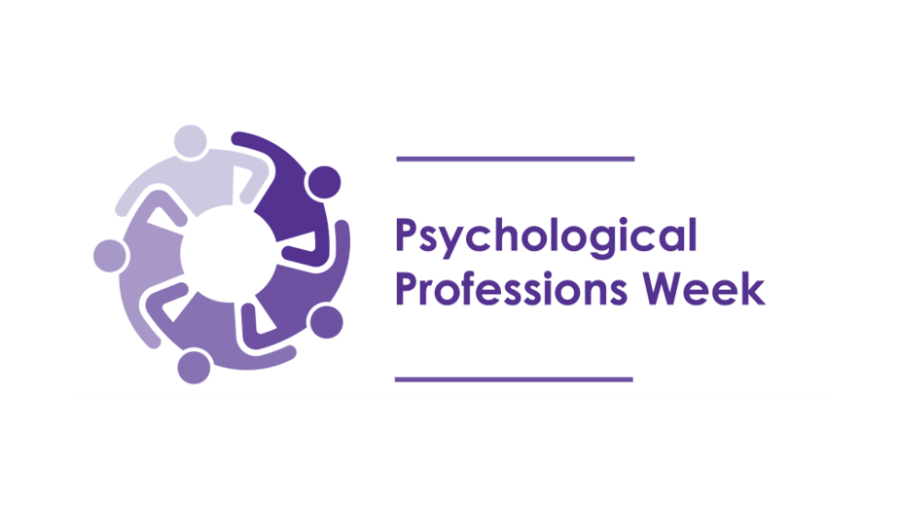This week (Monday, 10 November to Friday, 14 November) is Psychological Professions Week, a brilliant opportunity to bring together psychological professionals, policymakers, and the public to connect and share their learning, maximising the benefits of the psychological professions to the communities they serve.
For more information on the various psychological professional roles and career opportunities in the NHS, visit the Psychological Professions Network career map.
The Psychological Professions Network (PPN) is a membership network for all psychological professionals and other stakeholders in NHS-commissioned psychological healthcare. They are commissioned by NHS England to provide a joined-up voice for the psychological professions in workforce planning and development, and to support excellence in practice. For more information on the work of the PPN, Psychological Professions Week 2025, and to join the network, visit the Psychological Professions Network website.
At LSCFT, our psychological professions workforce is embedded in a variety of settings, from Talking Therapies, community mental health teams, inpatient wards, to eating disorder services, providing support across the lifespan. This week, we are celebrating our amazing psychological professionals and the invaluable work that they do by sharing stories from three of our colleagues.
This year, we have chosen to share stories from our colleagues who are in some of the lesser-known psychological professional roles:
- A trainee education mental health practitioner (tEMHP)
- A qualified education mental health practitioner (EMHP)
- A cognitive behavioural therapist (CBT).
These colleagues work in mental health support teams (MHSTs) and education settings. MHSTs support the mental health needs of children and young people in primary, secondary and further education (ages five to 18) and use an evidence-based approach to provide early intervention on some mental health and emotional wellbeing issues, such as mild to moderate anxiety.
MHSTs also support education settings in promoting good mental health and wellbeing. Through the work of psychological professionals and other practitioners within these teams, children and young people are supported in staying engaged in their education.
MHSTs have a key role to play in one of ‘the three big shifts’ detailed in the 10-year Health Plan for England: ‘sickness to prevention’. The NHS has been implementing these teams in schools and colleges across England since 2018/19 and the 2025 Spending Review confirmed the government’s commitment to expanding MHSTs to 100% of schools in England by 2029/30.
Meet the professionals
If you're interested in joining our workforce, take a look at our allied health professional vacancies.

